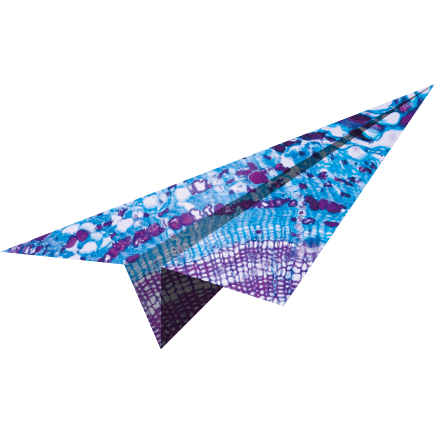Discover the start-ups that have emerged from SysChem’s laboratories
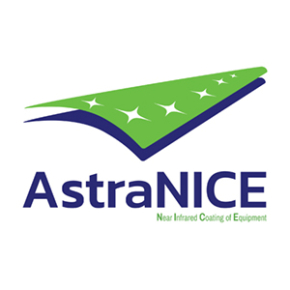
AstraNICE
Development of innovative fluorescent coating for surgery
Founded in 2024, AstraNICE is developing a novel fluorescent coating for surgical instruments, designed to improve their visibility inside the human body, particularly during minimally invasive procedures. This innovation helps guide and optimize surgical gestures, enhancing both patient comfort and safety.
Minimally invasive surgery — operating through incisions of just about one centimeter using long, slender instruments combined with a video imaging system — is becoming increasingly common and offers major benefits for patients (less pain, shorter hospital stays, and faster recovery times). Precision and visibility during such procedures are crucial, since the surgeon operates without the sense of touch and without direct vision. The challenge is therefore to enhance and refine vision as much as possible via the video screen. AstraNICE addresses this need.
The fluorescent coating developed by AstraNICE, applied to surgical tools and devices (e.g., endoscopic clips, catheters, needles, gauzes…), significantly increases their visibility during minimally invasive interventions. By making instruments luminous and easily identifiable — even through tissues and mucous membranes (up to 0.5 cm deep) — the AstraNICE fluorescent coating enables surgeons to improve the precision and efficiency of their procedures.
The benefits are multiple:
Better delineation of tumors, allowing complete resection
Avoiding injury to critical organs (e.g., ureter, urethra) located near the surgical site
Reducing risks and operative or post-operative complications (notably by shortening hospitalization time)
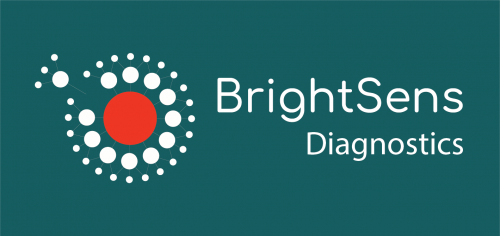
BrightSens Diagnostics
MedTech In vitro diagnostics RNA Biomarkers / Molecular diagnostics
Established in 2021 and winner of the i-Lab 2021 Innovation Competition, BrightSens Diagnostics is developing a disruptive technology in molecular diagnostics. Its innovation, which was developed in the Bioimaging and Pathologies Laboratory headed by Andrey KLYMCHENKO (UMR CNRS 7021 / University of Strasbourg) will make it possible to facilitate and accelerate disease detection and optimise patient care. The key to this resides in screening and early diagnostic tests that are simple, rapid, economical and environmentally friendly, with two initial applications in oncology and virology.
The current limits of molecular diagnostics such as the PCR method do not allow for rapid screening and personalised care of cancers and viral diseases: health professionals and institutions are waiting for simple, rapid and cost-effective tests for patient screening and care. BrightSens Diagnostics will provide the solution to these needs by offering highly sensitive Point of Care tests.
Their patented technology, with its unique properties, is the fruit of 7 years of research supported to the tune of €2m by the prestigious European Research Council (ERC). Fluorescent, ultra-bright and ultra-sensitive nanoparticles make it possible to amplify the detection signal and therefore to measure very low concentrations of DNA/RNA (key biomarkers of disease) through simple measurement of fluorescence, without the use of costly instruments such as PCR equipment. Point of Care tests will revolutionise molecular diagnostics.
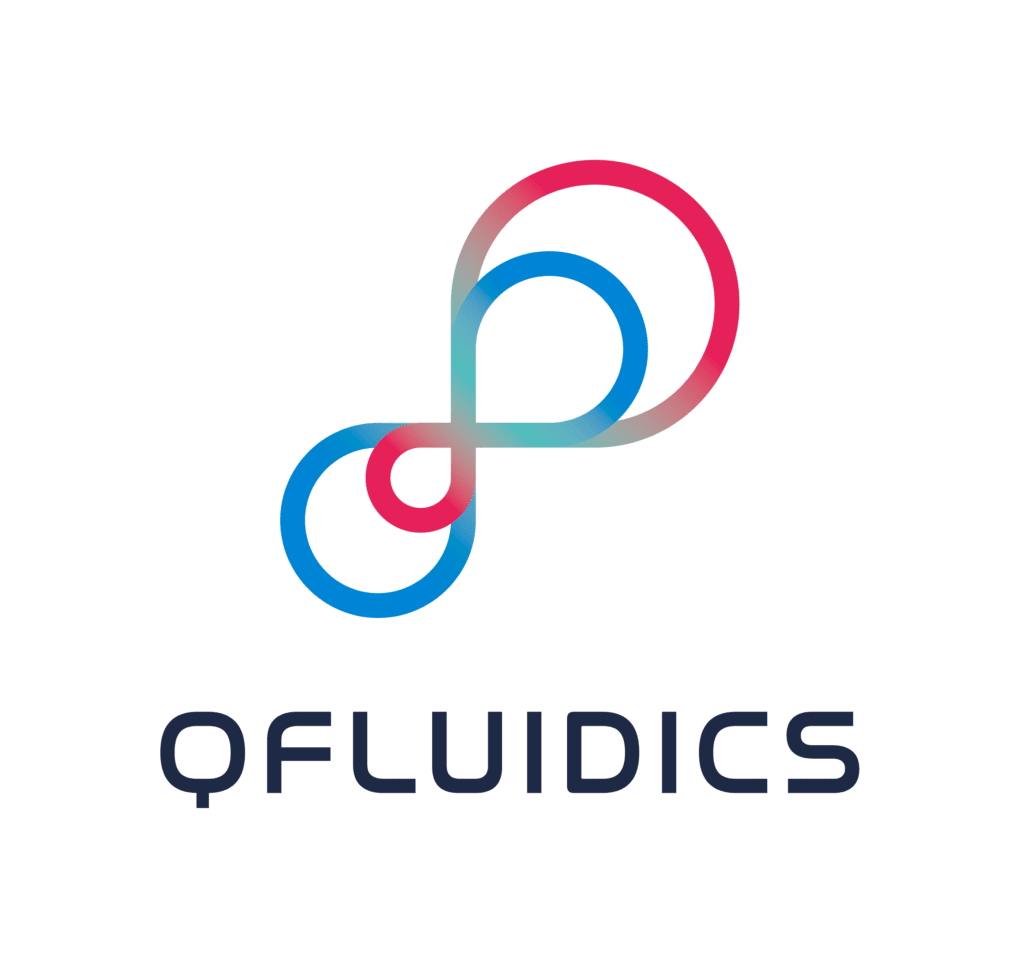
Qfluidics
Biotech Chemistry Medical devices Ferrofluids / Microfluidics/ Pumping
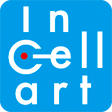
In-Cell-Art
Biopharma
